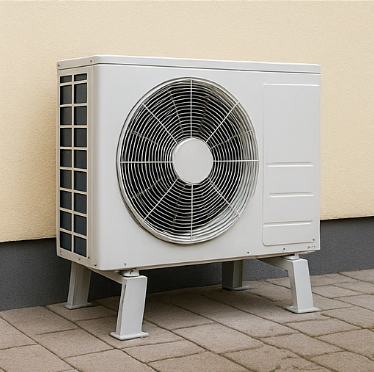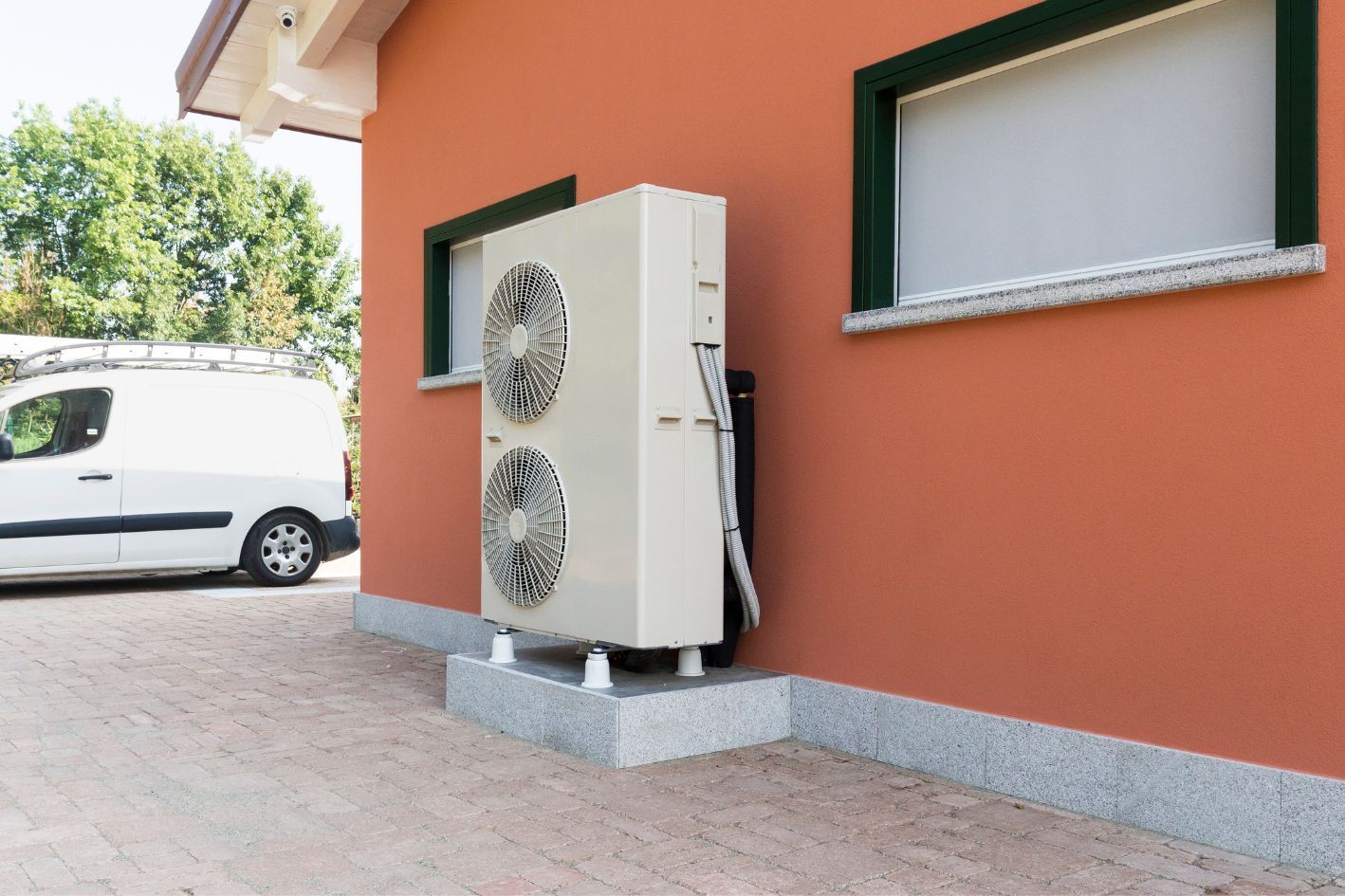Are Variable-Speed Compressors Beneficial For Air Source Heat Pumps?
Air source heat pumps are growing in popularity as an energy-efficient heating and cooling solution for residential and commercial properties. The variable-speed compressor is a vital component that influences how well the system works. In recent years, variable-speed compressors have significantly developed, becoming a more advanced and efficient substitute to traditional single-speed compressors. Throughout this blog post, we'll discuss the benefits of variable-speed compressors in air source heat pumps.

Increased Energy Efficiency
The job of variable-speed
compressors is to
adjust their rate and power output in order to
suit the household's heating and cooling
requirements. This suggests that they may run at a
lower rate when the temperature is
cooler, thus requiring
less energy. Variable-speed compressors are able to
maintain a
consistent temperature in a location by running at
varied rates, as compared to
single-speed compressors, that cycle
on and
off regularly. This improved energy
efficiency is likely to cause
reduced energy bills and
less environmental impact.
Enhanced Comfort As a Result Of Temperature Control
Variable-speed compressors are
superior to single-speed compressors, as they are able to offer a more
precise temperature control. They have made it possible to
adjust their speed in line with the heating and cooling
requirements of the area, maintaining a more
comfortable climate for that space. Variable-speed compressors are also able to
operate at
lower rates for longer,
reducing fluctuations in temperature and creating a more
consistent temperature.
Quieter Operation
There are a number of
advantages to variable-speed compressors, another being their
quiet operation. Variable-speed compressors operate at quieter noise
levels than single-speed compressors as they work at
lower speeds for
longer periods of time. This is particularly
useful in homes or commercial buildings when noise levels can possibly cause
concern. The
decreased noise levels offered by variable-speed compressors help create a more
tranquil environment.
Increased Longevity
As variable-speed compressors adjust their speed and output to the heating and cooling requirements, they are likely to experience less wear-and-tear over time. This may ultimately result in a longer lifespan for your whole air source heat pump systems, thus reducing the need for repairs or replacement. By investing in a system that includes a variable-speed compressor, you can save a significant amount of money and energy over time.
Variable-speed compressors are beneficial for air source heat pump systems, as they improve energy efficiency and lead to enhanced comfort. As well as this, there is a decrease in noise levels and an increase in your system's longevity. The demand for energy-efficient heating and cooling systems is on the rise, therefore variable-speed compressors are becoming a more popular option for those looking to decrease their carbon footprint and save money on energy bills. We would definitely recommend upgrading to an air source heat pump with a variable-speed compressor to receive the same benefits.











